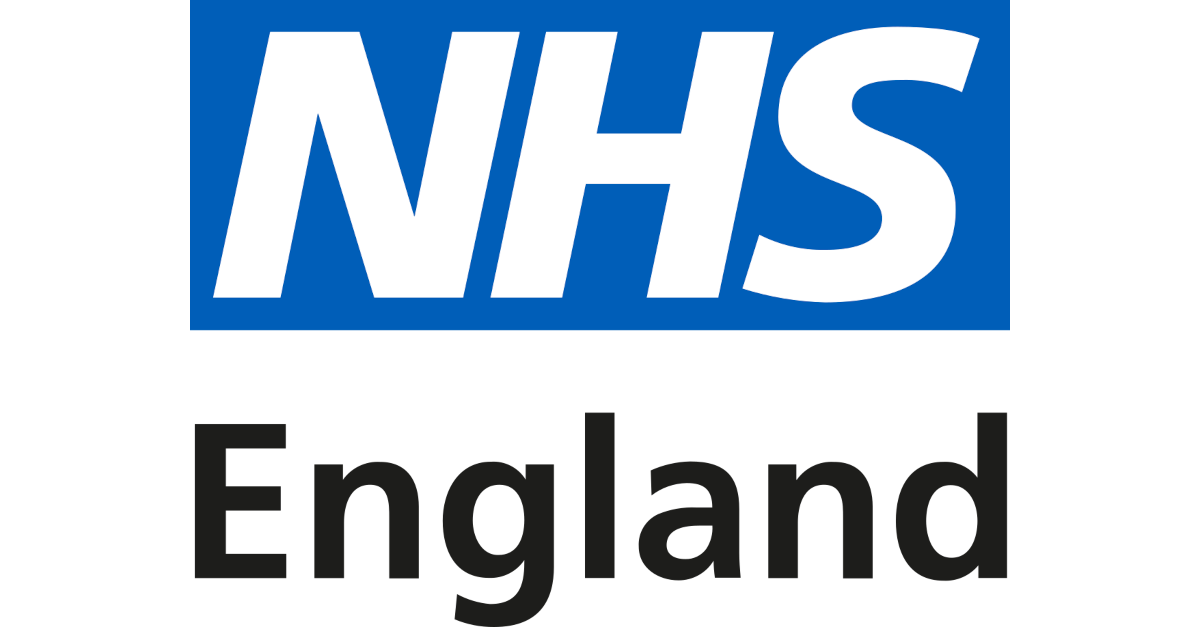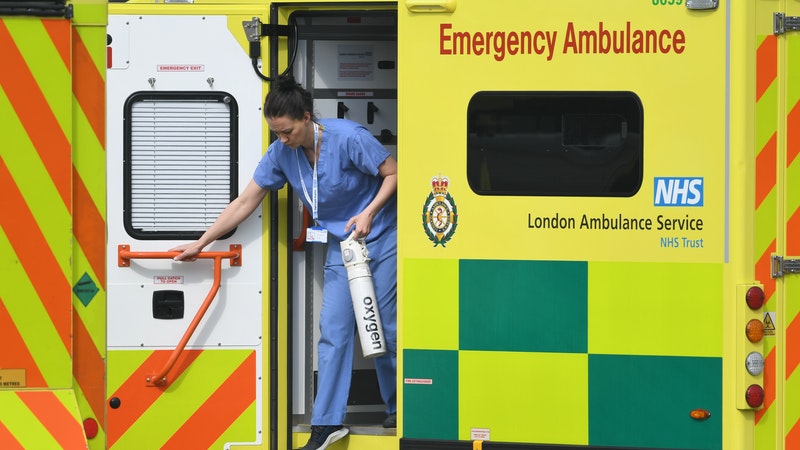If you are as concerned as me (petrified) by this alarming news you could contact your MP.
Is there anything else we can do to get this to the attention on government?
Information on how to contact your local MP

www.parliament.uk
When should I contact my MP?
You could contact your MP:
- If you feel you have been treated unfairly by a Government office or agency
- To let your MP know about a problem affecting people in your local area
- To ask your MP to support a particular campaign that you feel strongly about
Your MP is not always the best person to help with an issue. Before you contact your MP please see our advice on who else may be able to help:
How do I contact my MP?
Writing is probably the best method, as it provides a written record that can be referred to later. You can:
- Write a letter to your MP at: House of Commons, London SW1A 0AA
- Email them using the contact details in our Directory of MPs
Remember: always include your own address when you write to your MP so that they will know you live in their constituency.
By telephone
If you are unable to write or you just want to ask a quick question or make an appointment, you can telephone your MP’s office:
- To telephone their office at the House of Commons, call 020 7219 3000 and ask to be put through to their office giving your MP’s name
- To phone your MP at their local constituency office, you will find the contact details at your local town hall or library, or it may be given in the Directory of MPs
Social media
Many MPs can be contacted through Twitter and other platforms. They may also run their own websites. We have added these details to the information in the
Directory of MPs where possible.
Attend an MP’s surgery
Most MPs hold regular sessions called surgeries where they meet constituents to talk about issues of concern. If you go to a constituency surgery, it’s best to contact your MP’s office first, to find out whether you need an appointment. Your MP’s website, or your local library may have more information about when and where surgeries are taking place.
Contact by Fax
There is no central fax number for the House of Commons. Please telephone your MP’s office first if you wish to send them a fax directly.

 www.england.nhs.uk
www.england.nhs.uk




